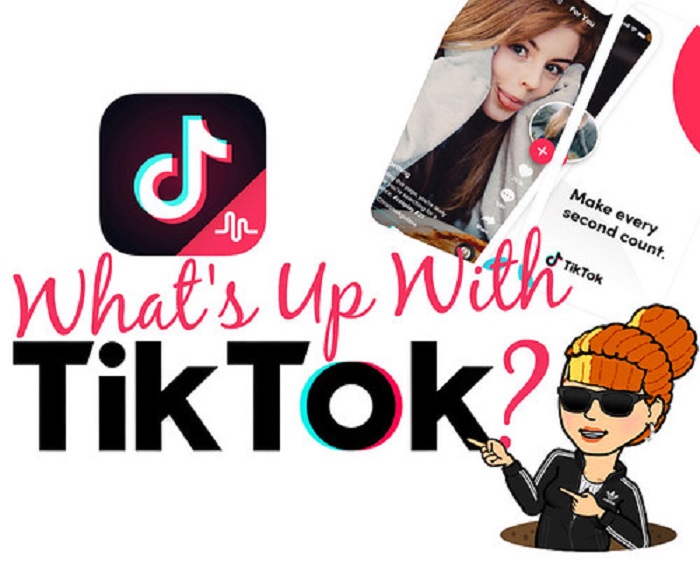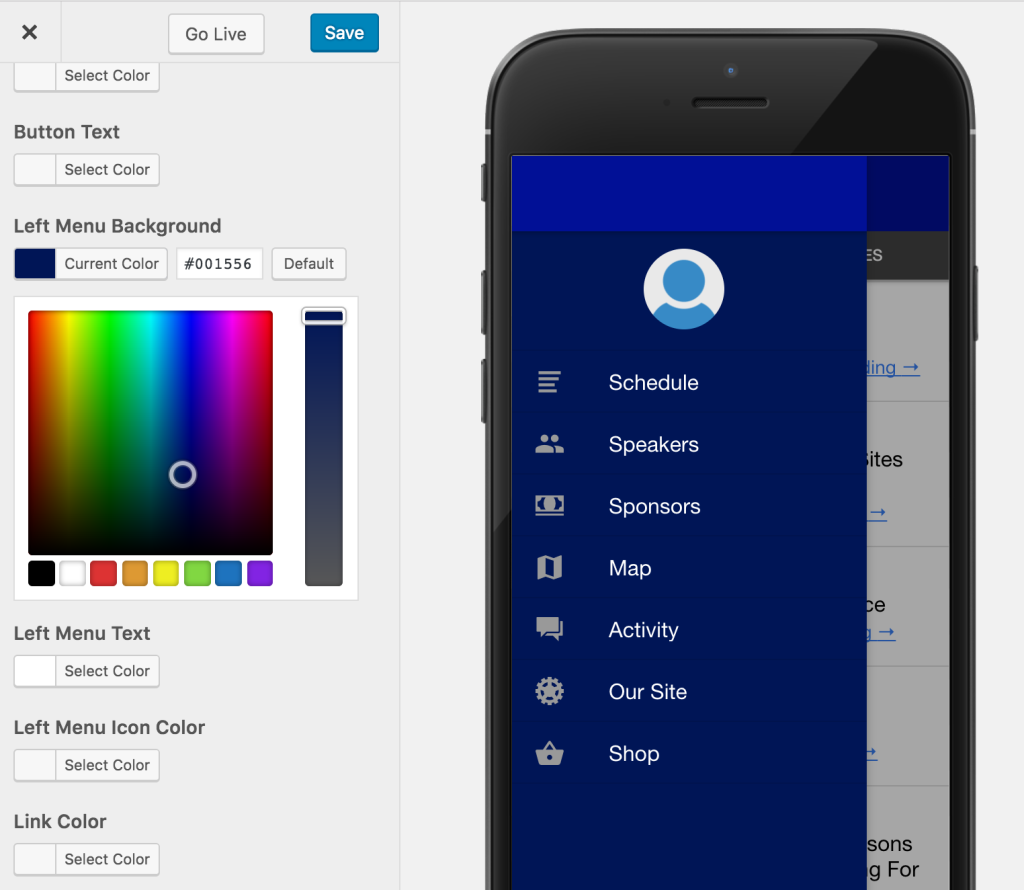
Appeals court upholds TikTok ban: 5 essential reads on the case and its consequences.
A three-judge panel of the U.S. Court of Appeals for the District of Columbia Circuit on Dec. 6, 2024, upheld a law requiring TikTok’s China-based parent company, ByteDance, to sell the video app by Jan. 19, 2025, or face a nationwide ban on the app. The court rebuffed TikTok’s claim that the law violates its First Amendment rights.
The appeals court ruling is the latest development in a lengthy saga over the fate of an app that is widely popular, especially among young Americans, but that many politicians in Washington say is a security risk.
The ruling is unlikely to be the end of the story. TikTok is expected to appeal the case to the U.S. Supreme Court, though the court could refuse to hear the appeal. President-elect Donald Trump has reversed his earlier support for banning the app under its current ownership and stated during his 2024 presidential campaign that he would “save” the app, though he has not said how he would attempt to do so.
But why is TikTok controversial? Are the claims of it being a national security risk valid? And what will the case mean for free speech? The Conversation’s contributors have been on hand to answer these questions.
1. An agent of the Chinese state?
Politicians who want to ban TikTok, or at least sever its links to China, fear that the app provides a way for the Chinese Communist Party to influence Americans or use their data for malicious purposes. But how much influence does the Chinese government have at TikTok? That question is addressed by Shaomin Li, a scholar of China’s political economy and business at Old Dominion University.
Li explains that the relationship between TikTok, ByteDance and the Chinese Communist Party is nuanced – it isn’t simply a matter of officials in Beijing telling ByteDance to jump and the parent company dictating how high its subsidiary will leap. Rather, as with all companies in China, employees are under certain obligations when it comes to advancing national interests. In China, private enterprises, such as ByteDance, operate as joint ventures with the state.
“Regardless of whether ByteDance has formal ties with the party, there will be the tacit understanding that the management is working for two bosses: the investors of the company and, more importantly, their political overseers that represent the party,” Li writes. “But most importantly, when the interests of the two bosses conflict, the party trumps.”
2. Exploiting user data
The risks TikTok poses to U.S. users are similar to the risks posed by many popular apps, principally that the app collects data about you. That data, which includes contact information and website tracking, plus all data you post and messages you send through the app, is available to use or misuse by ByteDance and any other entity that has or gains access to it.
Iowa State University cybersecurity researcher Doug Jacobson writes that U.S. officials and lawmakers are concerned that the Chinese government could exploit TikTok user data to spy on U.S. citizens. Government hackers could use the TikTok data to trick users into revealing more personal information.
But if the goal is to counter Chinese hackers, banning TikTok might prove too little, too late. “By some estimates, the Chinese government has already collected personal information on at least 80% of the U.S. population via various means,” Jacobson writes. “The Chinese government – along with anyone else with money – also has access to the large market for personal data.”
3. The security risks of a ban
Banning TikTok could also make U.S. users more vulnerable to hackers of all stripes. Rochester Institute of Technology computer security expert Robert Olson writes that many of the more than 100 million U.S. TikTok users could try to get around a ban on the app, with negative consequences for their digital safety.
If TikTok ends up banned from Apple’s and Google’s app stores, users could try to access the app elsewhere via sideloading. This practice of getting around Apple and Google app stores leaves users vulnerable to malware posing as the TikTok app. TikTok users might also be motivated to circumvent Apple and Google security controls in order to keep the app installed, a move that would make users’ phones more vulnerable.
“I find it unlikely that a TikTok ban would be technologically enforceable,” Olson writes. “This … legislation – aimed at improving cybersecurity – could motivate users to engage in riskier digital behavior.”
4. First Amendment concerns
In its legal challenge to the U.S. government, ByteDance claims the government is violating its First Amendment rights. Technology law scholars Anupam Chander of Georgetown University and Gautam Hans of Cornell University write that ByteDance has grounds for its claim, and that the implications go beyond this case.
TikTok is a publisher, an online publisher of users’ videos. Forcing ByteDance to divest TikTok is a form of prior restraint – the government preventing speech before it occurs.
“By forcing the sale of TikTok to an entity without ties to the Chinese Communist Party, Congress’ intent with the law is to change the nature of the platform,” they write. “That kind of government action implicates the core concerns that the First Amendment was designed to protect against: government interference in the speech of private parties.”
5. What about the others?
Security and legal issues aside, the forced sale to a U.S.-based company or ban of TikTok in the United States is a questionable approach to solving the problems the law aims to address: potential Chinese government influence in the U.S., harm to teens, and data privacy violations, writes Arizona State media scholar Sarah Florini.
The Chinese government – and other U.S. adversaries – has long used social media apps owned by U.S. companies to attempt to influence American public opinion. TikTok is hardly alone in posing harm to teens, as the Facebook whistleblower case amply demonstrated. And vast amounts of Americans’ personal data are already available to any buyer on the open and black markets.
“Concerns about TikTok are not unfounded, but they are also not unique. Each threat posed by TikTok has also been posed by U.S.-based social media for over a decade,” Florini writes.
This is an updated version of an article originally published on Sept. 16, 2024.![]()
Eric Smalley, The Conversation and Matt Williams, The Conversation
Eric Smalley, Science + Technology Editor, The Conversation and Matt Williams, Senior International Editor, The Conversation
This article is republished from The Conversation under a Creative Commons license. Read the original article.
Every product/service is selected by editors. Products/Services you buy through these links may earn “Alliance Media Group and “The IRL News” a commission or revenue.
